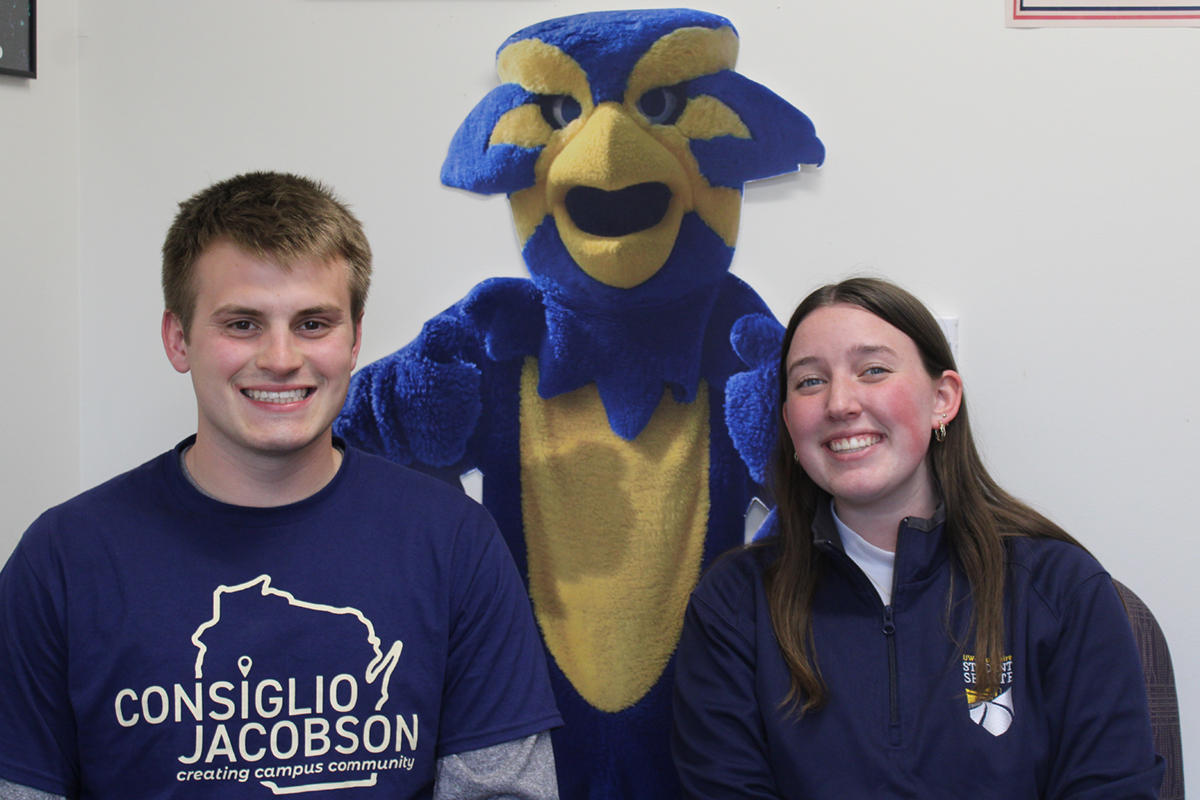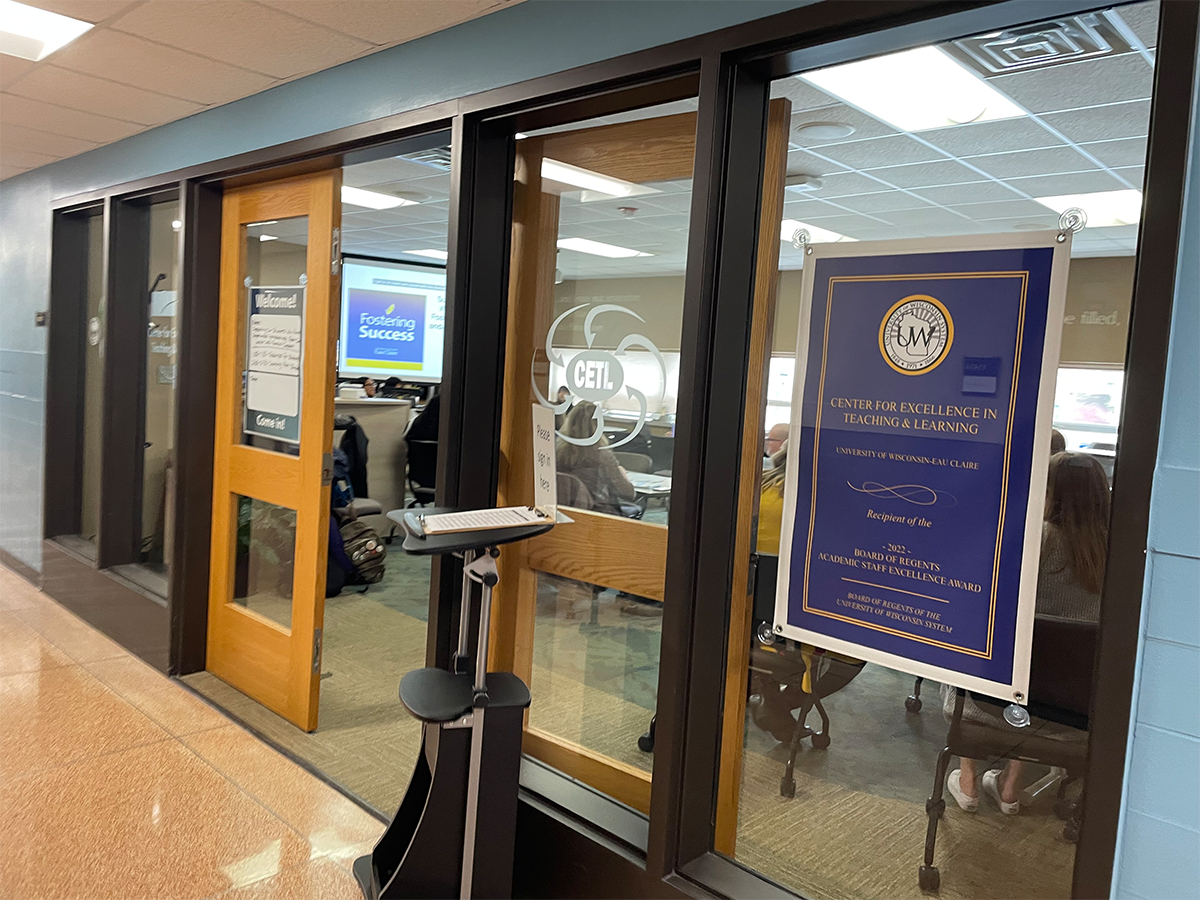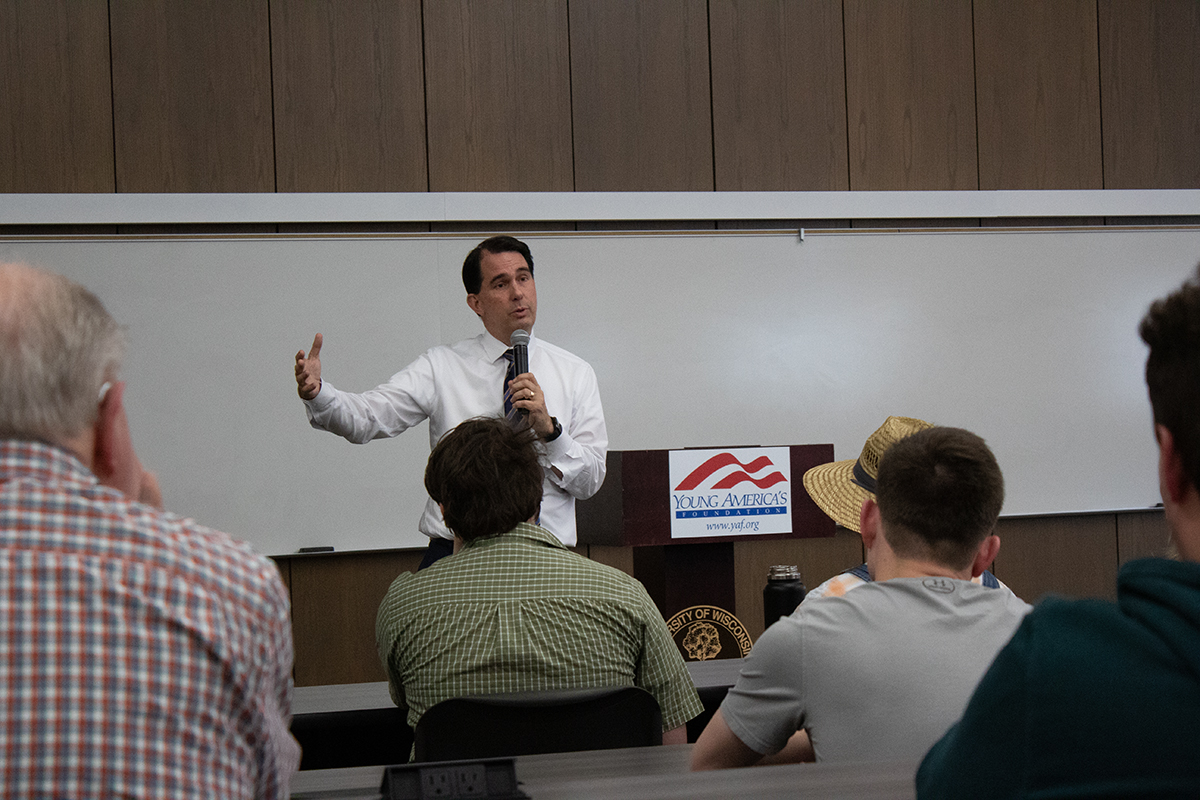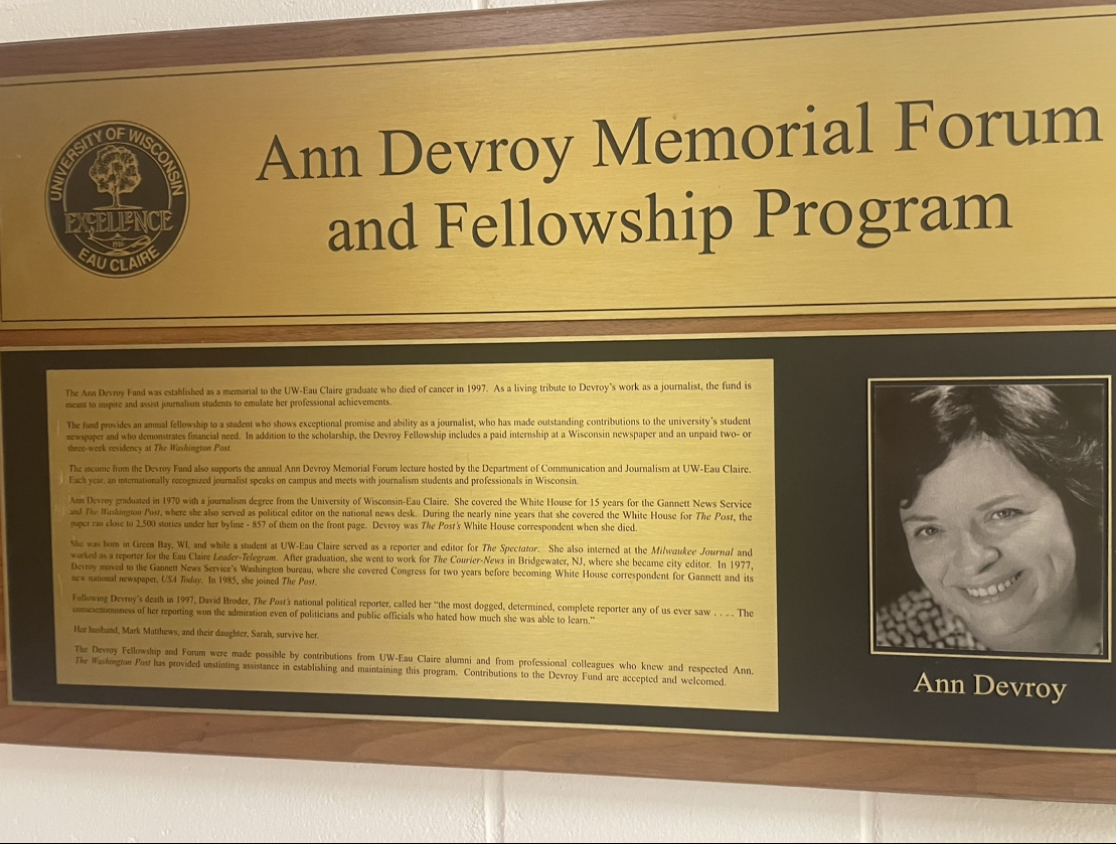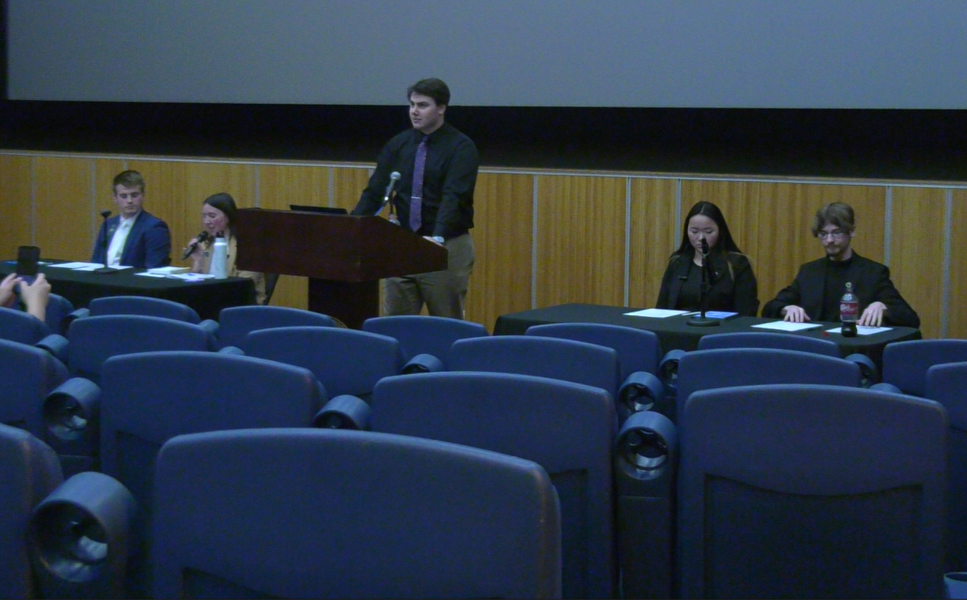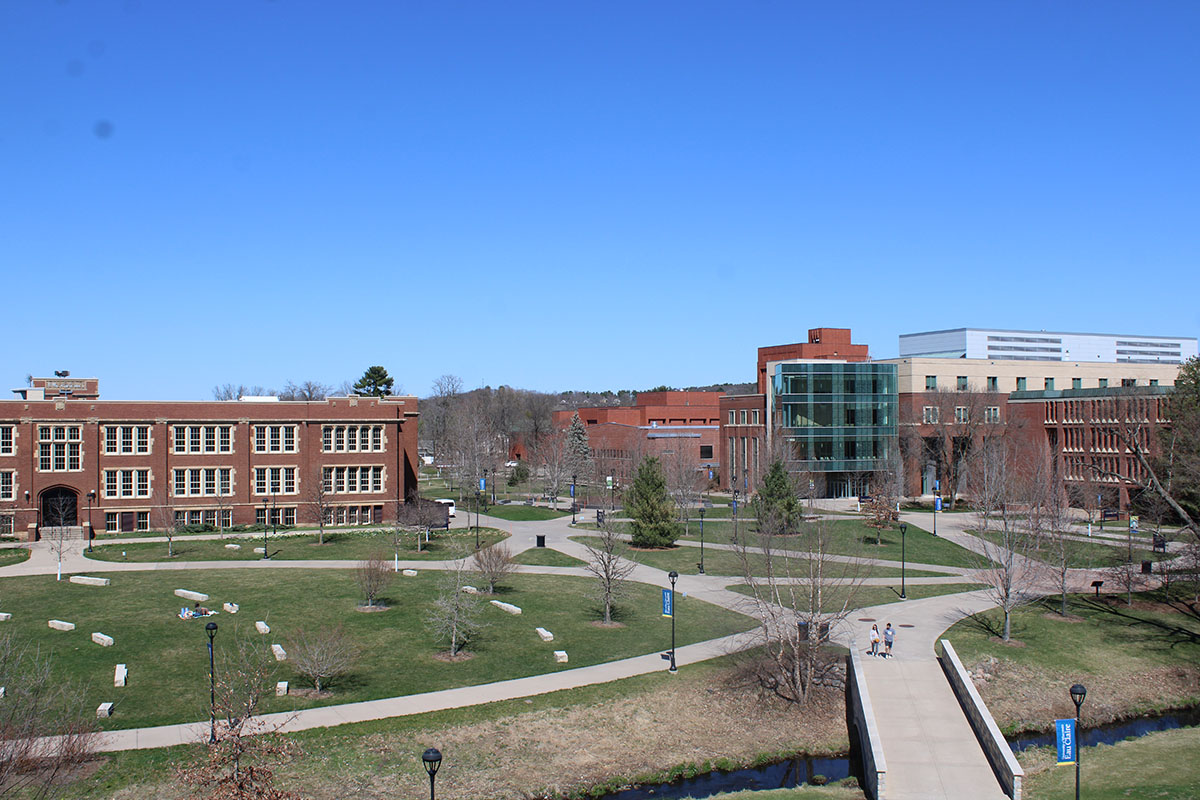Tim Lane, an associate music professor at UW-Eau Claire, is scheduled to present “Dynamism in Aymara Indian Music” Monday at the L.E. Phillips Memorial Public Library.
The lecture is part of a series of presentations given on ethnomusicology, the study of music in culture, called “The Many Voices and Meanings of World Music.”
This lecture focuses on the music of the Andean region of Peru, featuring Jane Shuttleworth and Alice Hampton playing on the sikuri, or pan pipe, native to the area.
Lane said he tries to accomplish three things with each lecture. The first goal is to recognize an issue, the second is to tell people about the different culture through its music and the third goal is to have a demonstration component.
“Each lecture tries to bring in an important aspect of the field of ethnomusicology and relate it to a specific case study,” Lane said.
The issue of this lecture is change, he said. The music shows different models for change in musical style based on internal or external pressure.
In this case, the music of Peru is an example of external pressure. Western landowners forced a change on the musical style of the peasants to conform to Western standards of music.
Once the pressure stopped, the peasants returned to their original style.
Shuttleworth and Hampton will give musical examples of these changes of music in the Andean region.
“It is not as much a performance music as a participatory music,” Hampton said. “The music is tied in with the function of the culture and also to reinforce community ties.”
The pan pipes that Hampton and Shuttleworth will be playing require two players simultaneously and involve alternating notes throughout the scale.
The intricate playing back and forth of the instrument shows the need for the community to participate, Hampton said. Rural areas would gather once a year to celebrate music as a community.
Unlike the structure of Western music, the point of Andean music was not to practice and have universal tuning, but to have everyone participate in some way.
“The music that we play is traditionally learned by doing, not by training,” Hampton said.
After living in Mexico on and off for 10 years, her interest in Indian instruments led to performing with groups.
“We did everything from music seminars in the schools to performance halls and radio in Iowa,” she said.
Hampton has been involved with Alma Iowana and Las Comadres, an all-women group, both of which have performed at Eau Claire.
She has had 20 years of musical experience with the folk methods she learned by ear.

